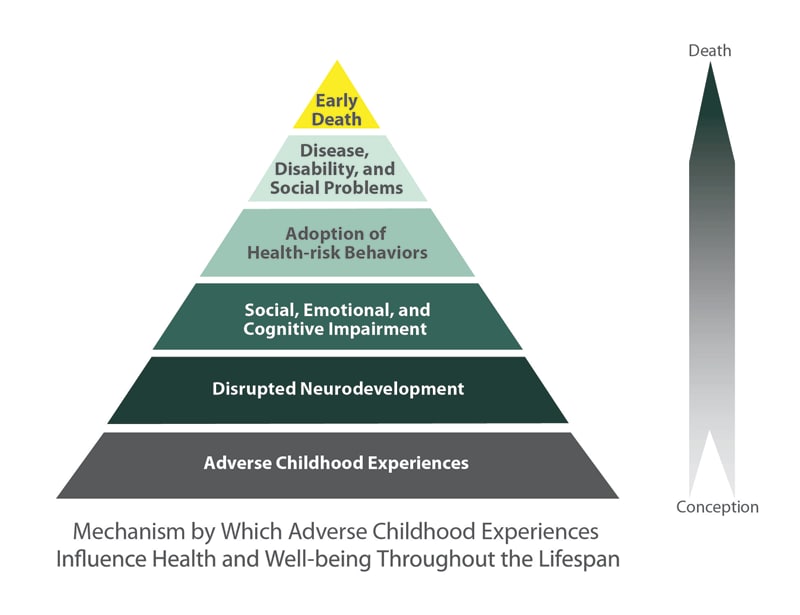Bird Dog has a link to a Gateway Pundit article about the
enormously higher homicide rate of African-Americans. This connects in turn to
Scott Adams’s analysis that Democrats use guns to kill innocent people, while
Republicans use them for defense and sport. (A reader here had sent that to me
and I forwarded it on.) That may not be an accurate statement emotionally,
because the vast majority of gun-owners, Republican or Democrat, do not use
them to commit violence. Yet it is an accurate statement statistically. Please note that Adams is a Democrat who is making a starker statement than most Republicans would dare.
I could take this in many directions, but there is one I
believe is particularly neglected. It is true – and Steven Pinker’s The BetterAngels of Our Nature* acknowledges it even as he squirms around it
– that this gradual reduction in killing of those in one’s own society started
in Northern Europe (see, of course Hajnal Line). It is that group that has become unusual for its low violence, not other
groups for their remarkable increase. If we can wrench our heads out
Eurocentric/Anglospheric places and look at the rest of the world, we see that
the violence level is quite high just about everywhere: Indonesia, Africa,
Latin America, and Asia rather notoriously so. Even the exceptions, such as
Japan, are instructive about this trend as a whole. Violence is generally low
within the tribe and high outside it. A very few places in the world learned to
expand their idea of who their tribe is, learning greater degrees of
cooperation. This has rather obvious benefits for trade and specialization.
The downside in terms of violence is that greater
cooperation leads to a much better military, which can kill large numbers of
people very quickly. Europeans have
shown themselves to be remarkably good at that the last few centuries.
Colonialism did not succeed because of superior technology (though that did
help), but because the places the Europeans landed to trade were deeply divided
tribally already, and could not get unified to fend off relatively small
numbers (backed by enormous resources) of ships and soldiers from individual
European countries. European nations have been dramatically effective at
killing each other as well, and for similar reasons. They figured out how to work together and
make effective armies and navies. If you were part of their nation – which
usually meant a collection of closely related tribes now united – life at home
could be peaceful for long periods of time. A lot of that energy got diverted
into religious persecutions internally (some about actual religious issues,
some only nominally so), with repeated redefinition of who Our People are. But
even that subsided. Europe divided into large nation-tribes that corresponded partially
to international boundaries, and they tended to mistrust the other
nation-tribes and persecute them or go to war with them. But individual towns , counties, regions saw
a continuing decline in internal violence.
So, read about ancient European tribes, with illustrations. Here's an example of France in the good old days.
An objection might be raised that the modern European
”superiority” in mass killing is an exaggeration. The deadliest wars have been largely Asian, especially Chinese, over the centuries
after all, and even in WWII most death occurred in Asia. The deaths of the
European Colonisation of the Americas, in second place, were largely from
disease. I suppose one could say that the greater national cooperative efforts
allowed Europe to cross the ocean and maintain enough presence to be the
disease vectors, but it is otherwise a stretch to call that a killing
efficiency. So with those corrections to the top two, the Europeans largely
disappear from the upper list. However,
I think this understanding of internal versus external violence holds up for
two reasons: first, the list covers many more centuries than the modern era;
second, the example of China bears some resemblance to the European
example. It was a bureaucratic, organized
empire with what we currently think were comparatively modest rates of internal
violence, whose constituent parts occasionally exploded into highly organized
warfare.
*Five years old already.
Wow.





